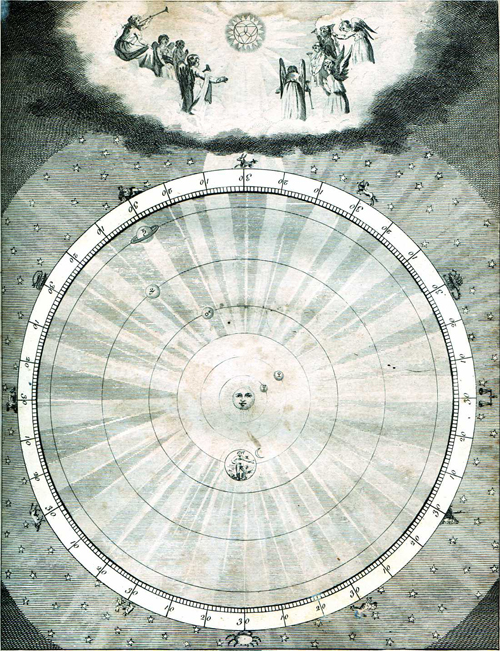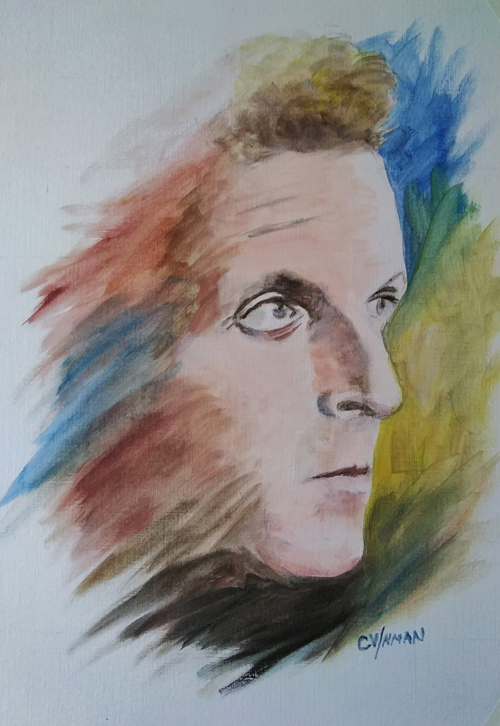On Not Being
Peter Cave discusses the idea that not existing has never hurt anyone. Permit me to introduce Mademoiselle Gazelle, a desirable and desired young woman, so named because of her gazellish sleek glidings through Soho’s streets – Mademoiselle Gazelle, with hair cascading, red lipstick a-glowing, radiating youth and beauty. An unlikely candidate for deathly discussions, she […]

